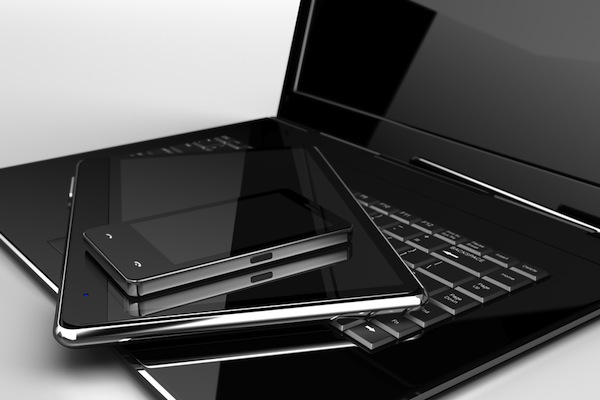Expect employers to make you pay for devices, even if you don't want to

Here's a question for you: Is a company-provided device a benefit? You don't pay for hardware, software or service but might get older gear as hidden personal cost. I ask, because if Gartner is right, you'll soon pay, whether or not you want to. A survey of CIOs finds that 38 percent of companies plan to stop providing employees with devices by 2016. Wait a bit before reading on and think about what that really means.
"We're finally reaching the point where IT officially recognizes what has always been going on: People use their business device for nonwork purposes", David Willis, Gartner vice president, says. As someone working from home full time since May 1999, I must confess to rarely using company-issued computers or other devices. But that was my choice, and one often not supported by IT departments. Now, for many workers, there will be only choice of bringing their own.
BYOD Trends
So-called "bring your own device" is not a new trend. Cell phones, laptops and PDAs like BlackBerries and Palms are among the devices coming in the back door before being approved to go out the front door, starting in the 1990s. Numbers are larger with smartphones and tablets, but nothing more. What's different now: Economics. As companies slash budgets amid troubled times, letting more employees bring their own makes increasing sense. Meanwhile, cloud services shift some of the in-house software development and corporate need to support specialized homegrown applications across managed devices.
"BYOD strategies are the most radical change to the economics and the culture of client computing in business in decades", Willis says. Mid-size companies with 2,500 to 5,000 employees are biggest adopters. Globally, BYOD is standard operations in three of the four BRIC countries -- Brazil, India and China. Adoption is lowest in Europe; United States twice as much.
In many emerging markets, there is no switch from company supplied to bring your own. But in geographies like North America, compelled-BYOD means employees will pay for devices or services they didn't before. Fundamentally, companies shift some, or all, the financial responsibility to workers.
Shifting Costs
Right now, about half of companies with BYOD programs subsidize devices. Gartner sees rapid increase in the number of companies offering nothing whatsoever and recommends they do just that. Rather, at most, there should be compensation for service, such as cellular for smartphones. "The employee owns the device, and the company helps to cover usage costs", Willis says.
Conceptually, BYOD eases other, hidden costs. If the company supplies device and software, employees demand support and complain more. If they bring their own, they feel more ownership, responsibility, reducing IT helpdesk and related costs.
By 2017, Gartner expects that one-half of employers will demand employees provide their own devices for work purposes. This represents a stunning shift in costs. Most companies don't provide cars or other transportation for people to get to work. Should they provide laptops, smartphones and tablets, too? That's a question for you to answer in comments.
Security Matters
BYOD is the answer to the "How do you we cut tech costs?" question, but not necessarily the right one. During my days as an analyst in the last decade, I counseled companies to beware of commingled behavior and data around devices employees used professionally and personally. For sure, someone buying the device is more likely to use it personally -- hey it's theirs -- creating, if nothing else, security risks. They potentially increase, when the starting point of management is employee rather than employer.
Willis sees security differently, and perhaps he's right. The new trend recognizes what I've done for 14 years -- "use a personal device in business. Once you realize that, you'll understand you need to protect data in another way besides locking down the full device". He's right about that. Nevertheless, is it really sensible for companies to essentially encourage data leakage that increases security and privacy risks?
Debating this topic in BetaNews group chat today, Ian Barker makes an astute security observation: "I suppose if it's your own laptop you're less likely to leave it on the train!" Yeah, that's an even more common trend, eh? Bring your own device home from work?
Photo Credit: CLIPAREA l Custom media/Shutterstock
